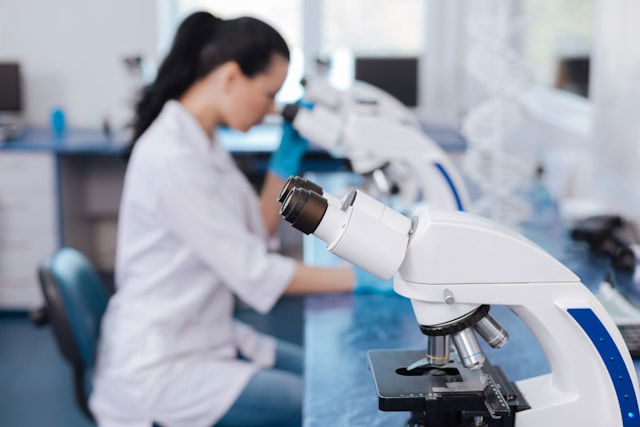
Pancreatic cancer is a dangerous disease that begins in the pancreas, an organ found behind the stomach. The pancreas plays two important roles in the body. It helps us digest food and also controls our blood sugar levels.
When cancer develops in this organ, it can be very serious. Sadly, pancreatic cancer is usually found at a late stage, which makes it harder to treat.
That’s why it’s important to understand what causes this cancer and how we might prevent it.
One major cause of pancreatic cancer is smoking. People who smoke are about twice as likely to get this cancer compared to people who don’t smoke. This is because harmful chemicals in tobacco can damage the cells in the pancreas.
When these cells are harmed, they can grow in an uncontrolled way and turn into cancer. The good news is that quitting smoking can greatly reduce this risk. Even if someone has smoked for many years, stopping now still helps.
Getting older also increases the risk. Most people who get pancreatic cancer are over the age of 65. As we age, changes can happen in our genes, and some of these changes may lead to cancer. While we can’t stop aging, it is still helpful to have regular health check-ups, especially as we get older. Doctors may catch signs of disease earlier this way.
Family history is another important factor. If someone’s parent or sibling had pancreatic cancer, their chances of getting it are higher. Some families pass down changes in genes, such as BRCA1 and BRCA2.
These genes are more commonly linked with breast and ovarian cancers, but they can also raise the risk of pancreatic cancer. Scientists are studying these genetic links so that one day we might be able to test for them more easily and prevent cancer earlier.
Another cause of pancreatic cancer is chronic pancreatitis, which means long-lasting swelling or inflammation of the pancreas. This condition can be caused by drinking too much alcohol, having gallstones, or certain genetic problems.
If someone has pancreatitis for many years, it can damage the pancreas and raise the risk of cancer, especially if it runs in their family.
Being overweight or eating an unhealthy diet can also increase the chance of getting pancreatic cancer. People who are obese have a higher risk. Eating too much red meat, processed food, sugary drinks, and fried foods can lead to weight gain and damage the body over time.
On the other hand, eating more fruits, vegetables, and whole grains can lower the risk.
Type 2 diabetes is another condition that can increase pancreatic cancer risk. Scientists think that high blood sugar levels and insulin problems may be part of the reason. If someone has diabetes, it is important for them to manage it well through medicine, exercise, and a healthy diet.
Some people may be exposed to dangerous chemicals at work. These include chemicals used in farming, dye-making, or metal work. These workers may have a higher chance of getting pancreatic cancer. Researchers are looking at ways to protect people in these jobs from harmful exposures.
Even though we cannot change things like our age or family history, there are still many things we can do. Not smoking, eating healthy food, keeping a healthy weight, and avoiding dangerous chemicals can all help lower the risk. Paying attention to any family history of cancer and visiting the doctor for check-ups can also make a big difference.
Scientists around the world are working hard to find better ways to detect and treat pancreatic cancer. The more we learn about what causes it, the more we can do to stop it early or even prevent it altogether. There is hope that in the future, treatments will improve and more people will survive this illness.
For more information about cancer, please see recent studies that plant-based diets may reduce risk of colorectal cancer in men, and Low-fat diet may help stop cancer growth.
For more information about cancer, please see recent studies about How to harness the power of anti-cancer foods and supplements and results showing that Empower your plate: cancer-fighting foods and recipes.
Copyright © 2025 Knowridge Science Report. All rights reserved.



